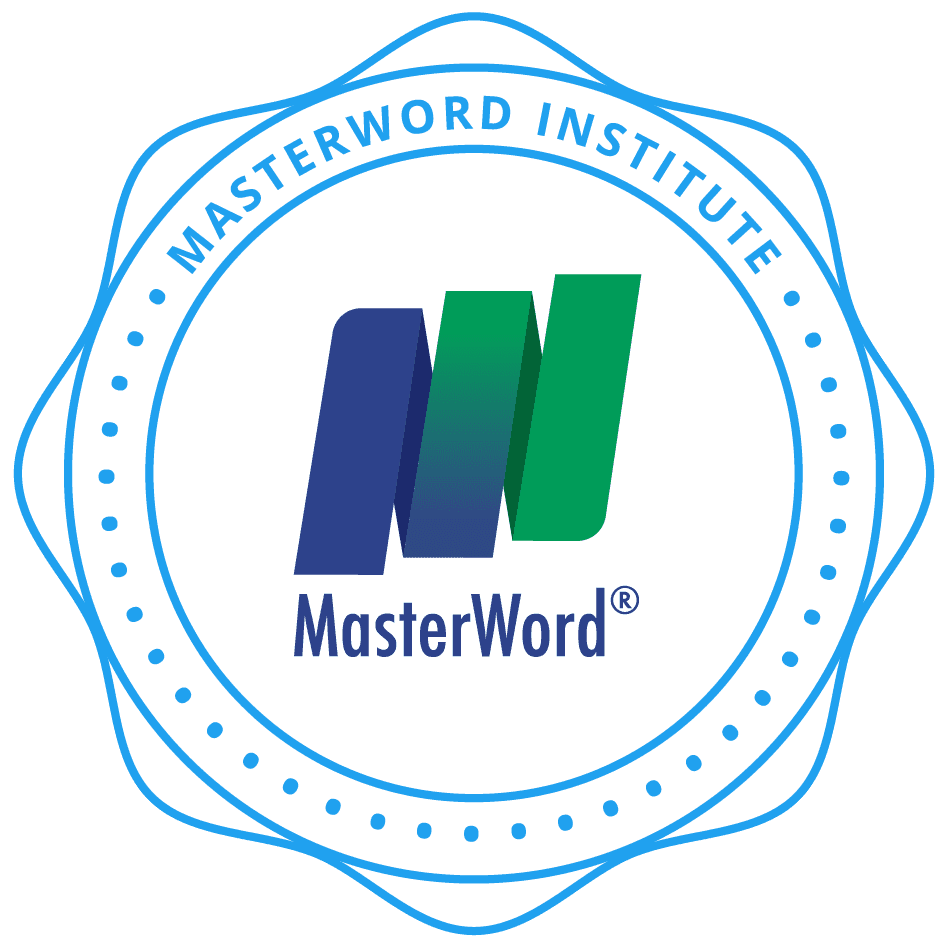Today’s inaugural post concerns language proficiency on both sides of the language pair. There are quite a few different components to this topic. A great way to approach language proficiency is to think about the end user of the interpreter’s product, which is his communication performance.
Any party listening to an interpreter needs to be able to comfortably understand what the interpreter is saying. Is the interpreter’s accent so strong that it is difficult to understand what s/he is saying? Is the interpreter cutting so many corners in grammar that it is jarring and distracting to listen to? To the English-speaking end-user, does the interpreter sound like a child or an uneducated person? To the individual with Limited English Proficiency, does the interpreter sound like someone who studied the foreign language in college, or who learned the foreign language from grandparents here in the United States?
Also, any party speaking TO an interpreter needs to have confidence that the interpreter is understanding what he is saying. Health care conversations, witness testimony, and many community level interactions include colloquial speech in both directions. Does the interpreter act as though s/he “gets” the point of what the speaker is saying? Does the interpreter smoothly move from listening to interpreting, or does s/he look at the speaker with a perplexed look on their face, trying to understand?
Each interpreter can assess their linguistic performance and then make plans to improve the areas that he needs improvement in. Reading patient education materials, legal rulings, or community outreach pamphlets in the language that the interpreter is weakest in, out loud, is very helpful in building clear pronunciation and good grammar habits. Building strong understanding of colloquial speech can be achieved by listening to radio talk shows or podcasts and by spending social time with friends who speak the language that is not native.
What other resources would be helpful to build linguistic competence on the way to becoming a Preferred Interpreter? Share your ideas in the comment section below.
More Posts on the Preferred Interpreter

Conversations About Death in Healthcare Encounters for Interpreters
Death should be easy to discuss, since every single person on this planet dies, yet it is still a difficult topic to talk about. Death

Interpreter Decisions: How to Interpret Profanity
As healthcare interpreters, we are guided by ethics and standards of practice, and we always stay on the tracks. But within those guidelines, we must

3 Tips for When Your Interpreting Encounter Turns Into a Mental Health Discussion
The doctor or Nurse Practitioner is talking with the patient about the need to take his meds faithfully for his chronic disease,…


